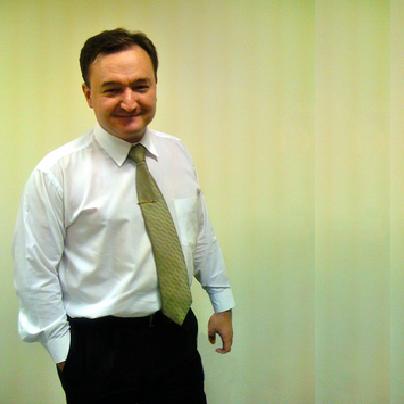Magnitsky sanctions and Brexit: a toxic combination?
John Binns, BCL Solicitors, Partner, London, 2 March 2020

The United Kingdom and the European Union are moving independently towards imposing Magnitsky sanctions - named after slain investigator Sergio Magnitsky (pictured) - on the assets of corrupt 'politically exposed persons,' but will the Brexit process get in the way of their effectiveness?
Parallel initiatives
On 9 December last year, Josep Borrell, the New EU High Representative for Foreign Affairs, said that his governmental club was beginning to design a Magnitsky sanctions regime. A few days later, on 12 December 2019, the UK re-elected a Conservative government that has stated, in its manifesto and repeatedly thereafter, that it wants to implement Magnitsky sanctions of its own. For many campaigners these are welcome steps, but the timing of them is crucially important and the stage we have now reached in the Brexit process threatens to disrupt them.
Two categories of targets
The American Magnitsky Act, passed in 2012 and named after the lawyer who was imprisoned and killed in Russia because he investigated allegations of corruption in the public sector, has two distinct sets of targets. First, there are people who grossly violate the human rights of such investigators as Sergio Magnitsky who make it their business to champion human rights and/or investigate corruption. (The original Act was concerned only with Russia, but since then the law has become global in its reach.) Second, there are people who engage in acts of ‘significant corruption’ of the sort that Magnitsky was investigating.
What the UK's laws say now
An interesting feature of both the British and European plans is that it is not clear whether they want to target both categories of people. When the process of passing Magnitsky laws in the UK began, it was limited firmly to the first category; backbenchers in the House of Commons – indeed, with the involvement of Dominic Raab, before he became Foreign Secretary – passed amendments to various laws that concentrated on ‘gross human rights violations.’ Indeed, the definitions of that phrase in both the Proceeds of Crime Act 2002 (POCA, as amended by the Criminal Finances Act 2017) and the Sanctions and Anti-Money Laundering Act 2018 (SAMLA) are unusually, and perhaps unhelpfully, specific.
In POCA
The purpose of POCA, of course, is the civil recovery of the proceeds of ‘unlawful conduct’ and the Magnitsky amendments to that law have included in that category the torture or inhuman or degrading treatment by a public official of a person who has sought to expose illegal activity by a public official, or to defend human rights, and conduct ‘connected with’ such abuse, whether or not that conduct was unlawful in the country where it occurred.












